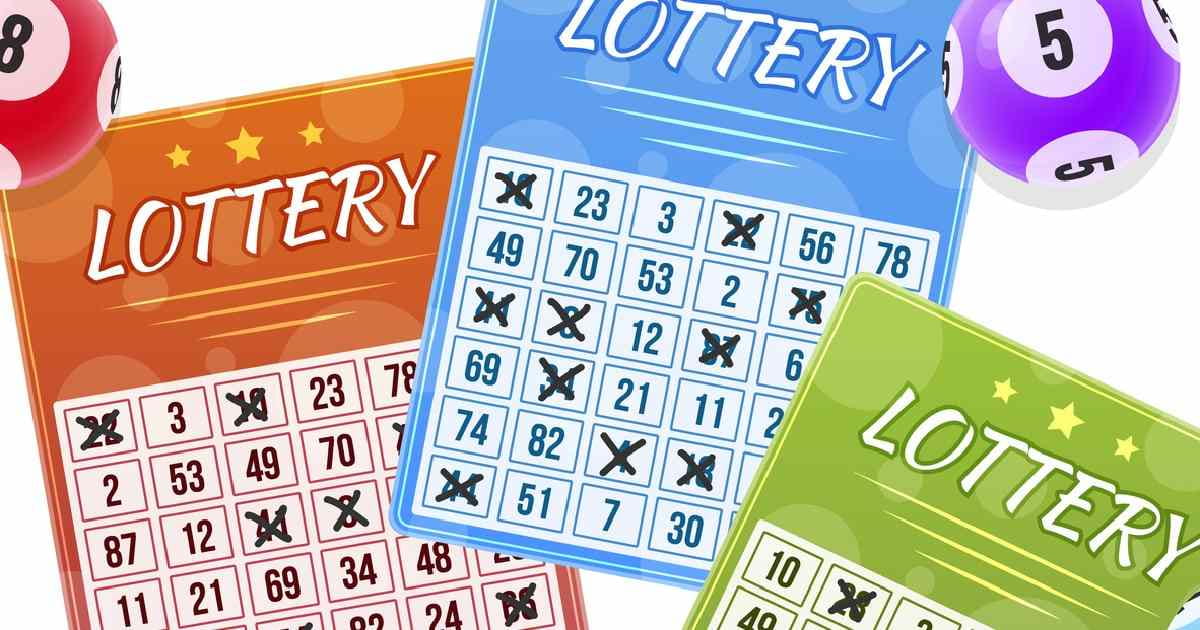Lottery games have long captured the imagination of millions worldwide. The allure of winning vast sums of money with just a stroke of luck draws people from all walks of life into the tantalizing world of lotteries. But beyond the surface appeal of instant wealth lies a complex ecosystem of psychology, economics, and chance. In this article, we delve deep into the enigma of messipoker games, exploring their history, impact, and the intricate dynamics that shape this fascinating phenomenon.
The Origins of Lotteries: Lotteries trace back to ancient times, with evidence of rudimentary forms found in the Han Dynasty in China, around 200 BC. However, the concept truly flourished during the Renaissance period in Europe, where they were used as a means to fund public projects like roads, bridges, and churches. In the United States, lotteries played a crucial role in financing the early colonies, including the establishment of prestigious institutions like Harvard and Yale.
The Evolution of Lottery Games: From simple raffles to complex, multi-state draws with massive jackpots, lottery games have evolved significantly over the centuries. Technological advancements have facilitated this evolution, enabling the creation of nationwide lotteries like Powerball and Mega Millions, which regularly offer prizes in the hundreds of millions of dollars. The rise of online platforms has further expanded the reach of lotteries, making them accessible to a global audience with just a few clicks.
The Psychology of Lottery Players: What drives people to participate in lottery games, despite knowing the astronomical odds against winning? Psychologists point to various factors, including the allure of hope, the thrill of anticipation, and the cognitive bias known as the availability heuristic, where individuals overestimate the likelihood of rare events based on vivid examples. Moreover, the “what-if” fantasy of winning big often outweighs rational considerations, leading otherwise prudent individuals to indulge in occasional bouts of optimism.
The Socioeconomic Impact: Lottery games have a profound socioeconomic impact, both at the individual and societal levels. For some, a lottery win represents a life-changing windfall, offering financial security and newfound opportunities. However, research suggests that a significant portion of lottery players come from lower-income brackets, raising concerns about the regressive nature of lottery taxation. Critics argue that lotteries exploit the hopes of the most vulnerable, perpetuating a cycle of poverty rather than alleviating it.
The Role of Probability and Chance: At its core, the appeal of lottery games hinges on the fundamental principles of probability and chance. Despite the long odds of winning, the allure of a potential jackpot persists, driven by the tantalizing prospect of defying the mathematical improbability. Mathematicians and statisticians have dissected lottery mechanics, devising strategies and systems to improve one’s chances, albeit marginally. Yet, in the end, the outcome remains largely unpredictable, governed by the capricious nature of randomness.
Beyond the Jackpot: While the focus of lottery games often revolves around the jackpot, their impact extends far beyond monetary rewards. Lottery proceeds contribute billions to education, healthcare, and other public services, serving as a crucial source of funding for governments worldwide. Additionally, lottery-funded initiatives support various charitable causes, from environmental conservation to arts and culture, enriching communities and enhancing the quality of life for many.
